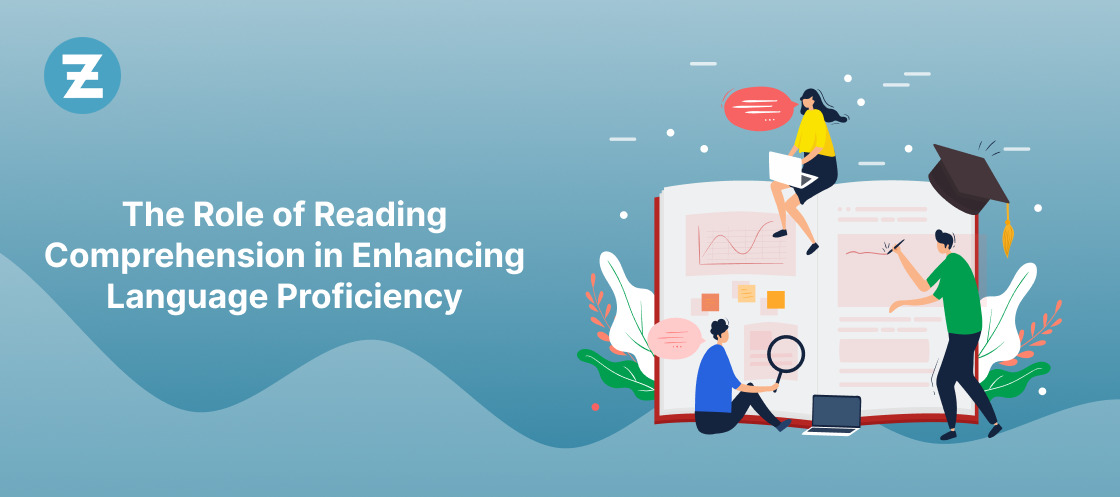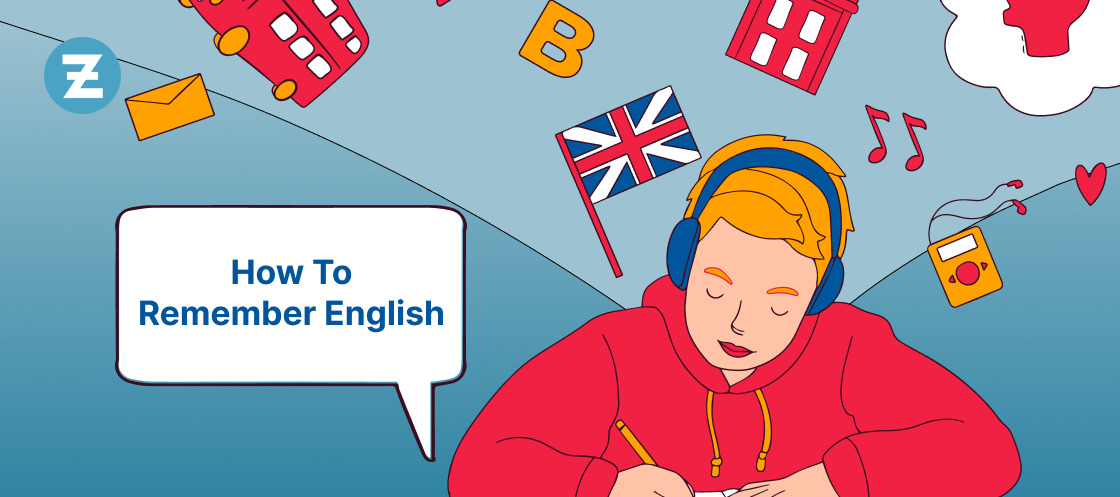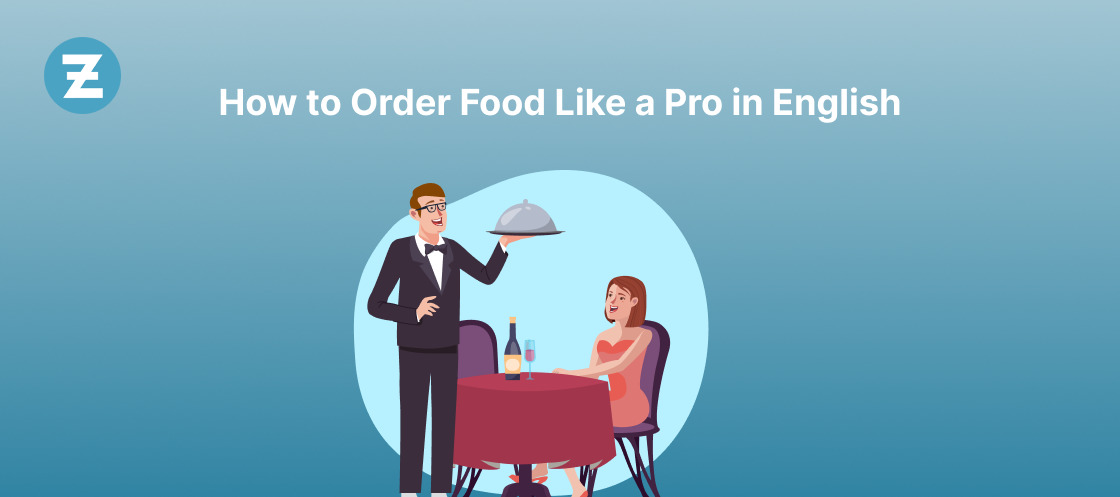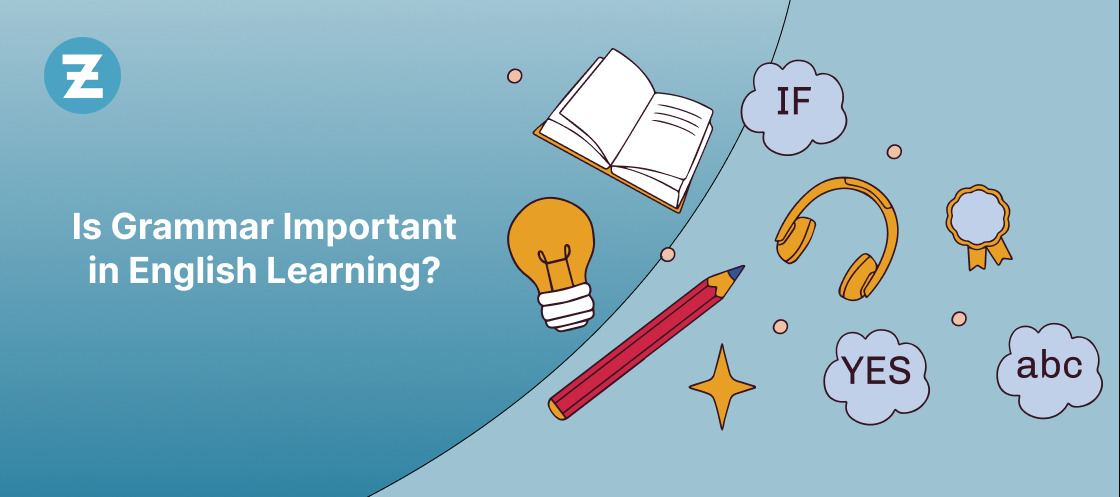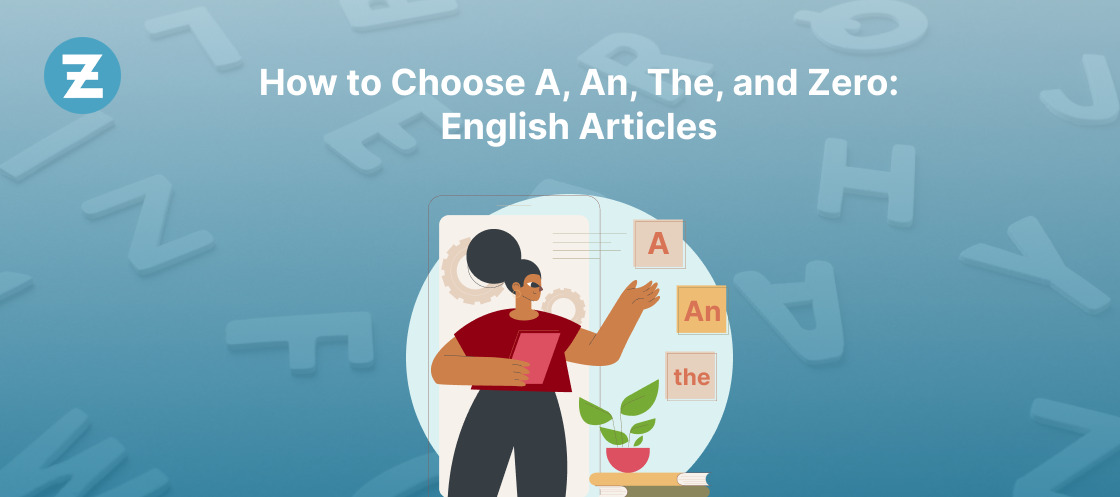Are you interested in improving your British English skills?
Do you want to sound more like a native speaker? If so, you’ve come to the right place!
In this blog post, we’ll be sharing the top 21 expressions that you should learn to speak like a Brit. These phrases are commonly used in everyday conversation and will help you blend in with the locals.
So, grab a cuppa and get ready to expand your British vocabulary!
Read Also – 9 Different Ways To Say “Happy” in English
21 British Expressions to Learn
-
Bob’s your uncle
This expression is used to indicate that something is straightforward or easily accomplished. It’s often used to highlight a simple solution or outcome.
Example: Let’s say you’re asking someone for directions, and they tell you, “You just need to go straight, take the second left, and Bob’s your uncle, you’ll find the store.”
Here, the phrase “Bob’s your uncle” means that by following those instructions, you’ll easily reach your destination.
-
Naff
This term is used to describe something that is considered to be tacky, uncool, or of poor quality. It can be used to refer to objects, clothing styles, or even people’s behavior.
Example: If someone says, “I don’t like that shirt you’re wearing; it looks a bit naff,” they mean that the shirt is unfashionable or lacks style.
-
Quid
This is a slang term for the British pound, which is the currency of the United Kingdom. It’s equivalent to the American dollar or the Euro.
Example: If someone says, “Can you lend me a few quid until payday?” They are asking to borrow some money (specifically, British pounds) until they receive their salary.
| Enhance your English vocabulary with ZoundsLike, the ultimate English learning app. |
-
Reckon
This term is commonly used in British English and means to think or believe something. It’s often used in casual conversations.
Example: If someone asks, “Do you think it will rain tomorrow?” and you respond, “I reckon so,” you are expressing your belief or opinion that it is likely to rain.
-
To have a chinwag
This expression means chatting or conversing with someone, often in an informal or friendly manner. It implies a relaxed and enjoyable exchange of thoughts or gossip.
Example: If you say, “Let’s meet up for a coffee and have a chinwag,” you’re suggesting that you and the other person get together to chat and catch up on the latest news or have a relaxed conversation.
-
To take the mickey
This phrase is used to describe teasing, mocking, or making fun of someone in a light-hearted manner. It’s similar to the American expression “to pull someone’s leg.”
Example: If a group of friends is jokingly teasing one of their friends about a funny incident that happened, they might say, “We’re just taking the mickey out of him; he knows we’re only joking.”
-
To be gutted
This expression is used to describe a feeling of extreme disappointment or devastation. It often implies feeling let down or deeply saddened by a particular situation or outcome.
Example: Imagine someone saying, “I was hoping to win the competition, but when I didn’t make it to the finals, I was gutted.” Here, “gutted” expresses the strong feeling of disappointment and sadness they experienced.
-
To have a butcher’s
This phrase is Cockney rhyming slang commonly used in the East End of London. It originates from “butcher’s hook,” which rhymes with “look.” So, “to have a butcher’s” means to have a quick look or glance at something.
Example: If someone says, “I’ll just have a butcher’s at that newspaper headline,” they mean they’ll quickly take a look at the headline to see what it says.
-
Just popping out
This expression is used to inform others that you are leaving a place briefly or temporarily. It implies a short duration and suggests that you will return soon.
Example: If you say, “I’m just popping out to grab some groceries,” it means you are quickly leaving the place you are in to go and buy groceries, but you’ll be back shortly.
Read Also – English Feelings: 33 Words to Express Your Emotions
-
Brolly
This is a shortened form of the word “umbrella.” It is a commonly used slang term in British English to refer to a portable device used for protection against rain.
Example: If someone says, “Don’t forget to bring your brolly; it looks like it might rain later,” they are reminding you to bring your umbrella to shield yourself from the rain.
-
Take the Tube
“The Tube” refers to the London Underground, which is the subway system in London. The phrase “take the Tube” means to use the subway for transportation.
Example: If someone advises you, “To get to the museum, you can take the Tube and get off at the Piccadilly Circus station,” they are suggesting that you use the subway system to reach the museum, specifically by alighting at the Piccadilly Circus station.
-
Bodge something
This expression means to fix or repair something hastily or temporarily, often in a makeshift or improvised manner. It implies a quick and less-than-ideal solution.
Example: If someone says, “I couldn’t find the right tools, so I had to bodge the broken shelf with duct tape,” they mean that they had to temporarily fix the shelf using duct tape in a less-than-perfect way due to the lack of proper tools or materials.
-
Dench
British actor Dame Judi Dench popularized this slang term. It is used to describe something as excellent, great, or impressive.
Example: If someone says, “That new restaurant is Dench! You should try their food,” they mean that the restaurant is fantastic or high-quality.
-
Faff
This expression refers to spending unnecessary time or effort on trivial or unimportant tasks. It implies being indecisive, disorganized, or inefficient.
Example: If someone says, “Stop faffing around and let’s get going,” they mean that the person should stop wasting time and start taking action or making progress.
-
Gaff
In British slang, “gaff” typically refers to a place of residence or a home. It can also be used more broadly to refer to any location or venue.
Example: If someone says, “We’re having a party at my gaff on Saturday,” they mean that they are hosting a party at their place or residence.
| Enhance your English vocabulary with ZoundsLike, the ultimate English learning app! Unlock a world of words and express yourself with confidence. |
-
Geezer
This term is commonly used in British slang to refer to a man, typically an older man. It can carry different connotations depending on the context, but it often implies a working-class or tough individual.
Example: If someone says, “I saw this old geezer at the pub telling stories about his youth,” they are referring to an older man they encountered who was sharing anecdotes about his past.
-
Chockablock
This expression describes a situation where things are tightly packed or crowded together, often to the point of being full or unable to fit anything else.
Example: If someone says, “The streets were chockablock with cars during rush hour,” they mean that the streets were completely filled with cars, making it difficult to move or find a parking space.
-
Smarmy
This term describes someone who behaves overly flattering, insincere, or self-satisfied. It typically refers to someone trying to manipulate or ingratiate themselves with others.
Example: If someone says, “I don’t trust that smarmy salesman; he’s always trying to sweet-talk his way into getting a better deal,” they are expressing skepticism toward the salesman’s insincere or overly flattering behavior.
-
Spend a penny
This phrase is a euphemism for using the restroom or going to the toilet. It originated from the practice of needing to insert a penny into a coin-operated lock to access public toilets.
Example: If someone says, “Excuse me, I need to spend a penny,” they politely indicate their need to use the restroom.
-
Wally
This term refers to someone foolish, clumsy, or silly. It is a lighthearted and playful way to describe someone lacking common sense.
Example: If someone says, “John accidentally spilled his drink all over himself again. He can be such a wally sometimes,” they mean that John tends to make foolish or clumsy mistakes.
-
Pea-souper
This expression describes a very thick fog, typically in a city setting. It refers to fog so dense that it resembles the appearance of pea soup.
Example: If someone says, “The pea-souper in London yesterday was so thick that you couldn’t see more than a few feet ahead,” they are describing a dense fog that severely limits visibility.
-
Over-egg the pudding
This phrase means to overdo something or add excessive embellishments to a situation, often to make it appear more impressive or exciting than it is.
Example: If someone says, “The speaker kept adding unnecessary details and anecdotes to their presentation. They over-egged the pudding,” they mean that the speaker went too far in embellishing their presentation, making it less effective.
Read Also – 44 Animal Idioms to Spruce Up Your English Vocabulary
Conclusion
Learning British expressions is an excellent way to improve your communication skills and gain deeper insight into British culture. With the top 21 expressions in this article, you can start incorporating them into your daily conversations and sound more like a native speaker.
Additionally, if you’re looking to further improve your vocabulary, you can try the zoundslike app – a language learning app designed to help you master the English language.
So why wait? Download the app now and take your language skills to the next level.
FAQs
Q1: Why should I learn British English expressions?
A: Learning British English expressions can enhance your language skills and make you more culturally aware. It allows you to communicate effectively with native British English speakers and understand British literature, films, and TV shows better.
Q2: Are these expressions commonly used in everyday British conversation?
A: Yes, these expressions are commonly used in everyday British conversation. They add a touch of authenticity and help you blend in with native speakers, making your interactions more natural and enjoyable.
Q3: Can I use these expressions outside of Britain?
A: Absolutely! While these expressions originate from British English, they are widely recognized and understood by English speakers around the world. You can use them confidently in any English-speaking country.
Q4: Are these expressions suitable for formal situations?
A: Some of these expressions are more informal and casual, making them better suited for informal conversations with friends or colleagues. However, it’s always essential to gauge the context and adapt your language accordingly in formal settings.



